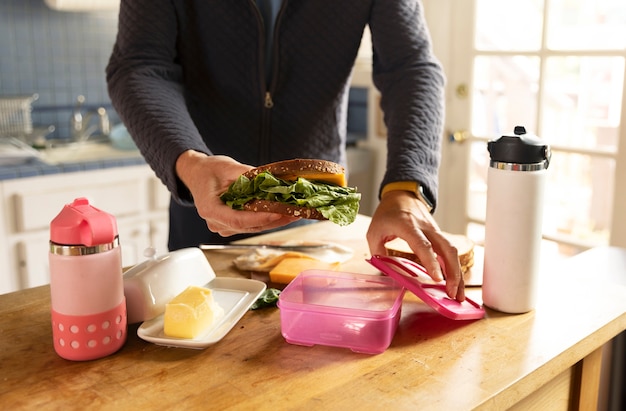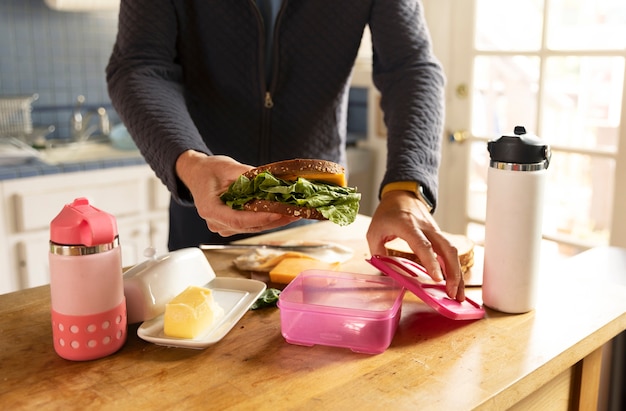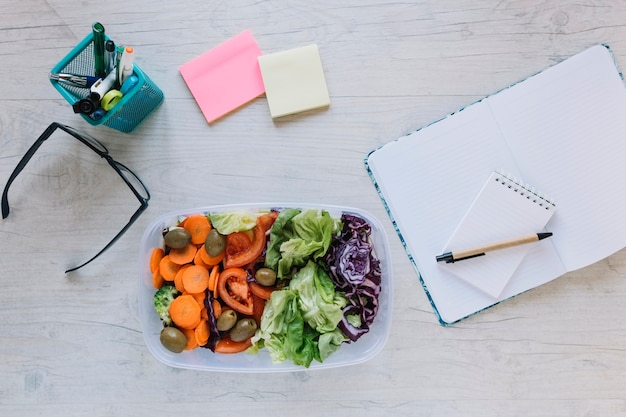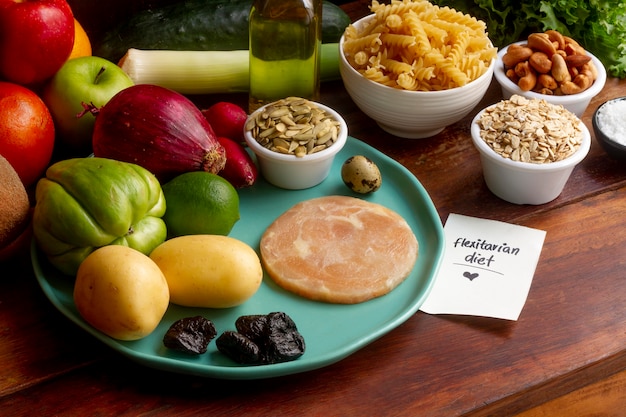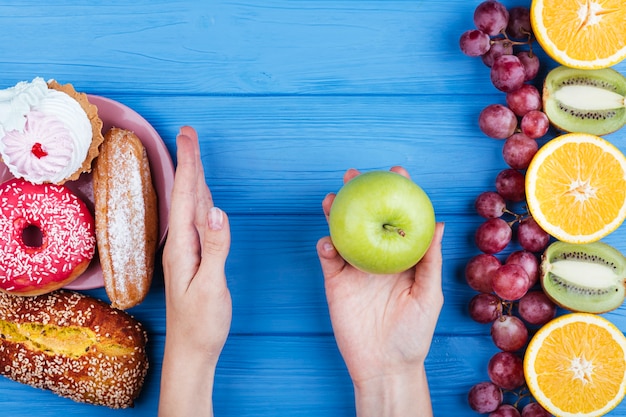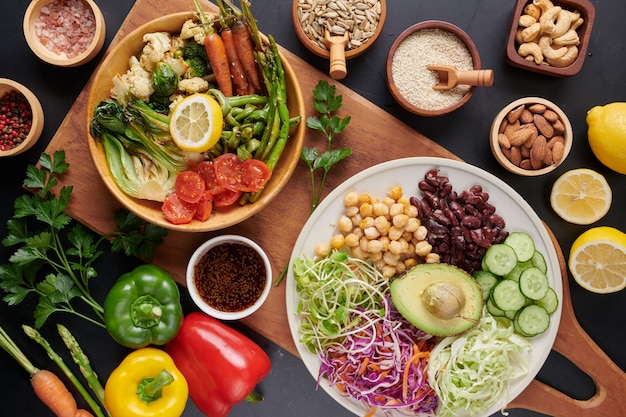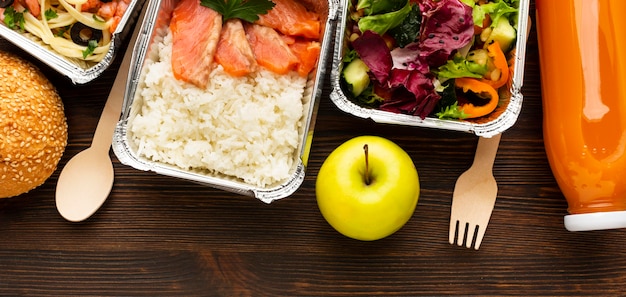Stable Energy All Week: Easy Meal Prep for Balanced Blood Sugar (No Fancy Tools Needed & Knee-Friendly!)
Discover how to manage your blood sugar with simple, equipment-light meal prep—even if standing for long periods is a challenge.
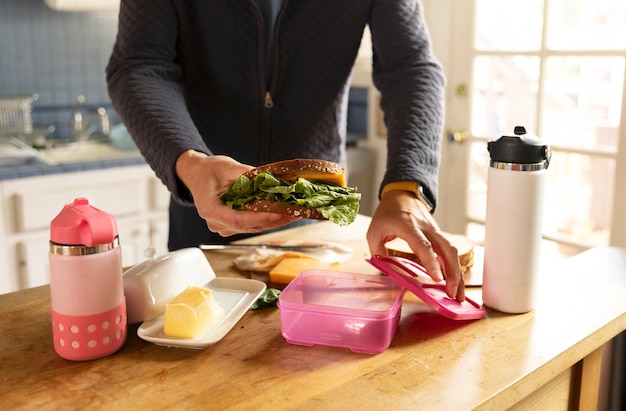
Why Blood Sugar Balance Matters
Keeping blood sugar levels steady isn't just important for people with diabetes—it's essential for everyone. Spikes and crashes can lead to fatigue, irritability, cravings, and long-term health issues. A consistent, balanced diet helps maintain energy, supports brain function, and reduces inflammation.
For individuals managing knee pain, standing for long cooking sessions can be uncomfortable or even painful. The good news? You don’t need to spend hours in the kitchen or own specialty appliances to eat well.
Knee-Friendly Prep: Work Smarter, Not Harder
If standing is difficult, consider these adaptations:
- Sit while prepping: Use a sturdy chair at a counter or table. A slightly raised surface can help reduce strain.
- Use a rolling cart: Keep ingredients and tools within reach to minimize walking.
- Pre-cut or frozen veggies: Save time and effort with pre-chopped vegetables or frozen blends (just check for added sugars or sodium).
- One-pot meals: Reduce cleanup and movement by cooking everything in a single dish.
These small changes make meal prep sustainable and comfortable, especially on tough days.
Equipment-Light Kitchen Essentials
You don’t need a fully stocked kitchen. Focus on these basics:
- One large pot: For soups, stews, and grain cooking.
- One baking sheet: Roast veggies or proteins with minimal effort.
- Sharp knife and cutting board: Keep them within arm’s reach.
- Measuring cups and spoons: Help maintain portion control.
- Reusable containers: Portion meals for the week.
A slow cooker or electric pressure cooker can be helpful but aren’t required. Most meals can be made on the stovetop or in the oven with minimal supervision.
Weekly Blood Sugar Targets
Focus on these daily goals to support stable glucose levels:
- Protein at every meal: 20–30g per meal helps slow glucose absorption.
- High-fiber carbs: Choose whole grains, legumes, and non-starchy vegetables.
- Healthy fats: Include avocado, olive oil, or nuts to increase satiety.
- Limit added sugars: Avoid processed snacks and sugary drinks.
- Hydration: Drink water throughout the day—aim for 8 cups.
Sample daily plate: ½ non-starchy veggies, ¼ lean protein, ¼ complex carbs, plus a small portion of healthy fat.
Simple Weekly Meal Prep Plan
Here’s a sample blueprint using minimal effort and equipment:
Day 1 (Prep Day – 45 mins seated)
- Cook a batch of quinoa or brown rice.
- Roast a large tray of mixed veggies (broccoli, bell peppers, zucchini).
- Grill or bake chicken breasts or tofu.
- Hard-boil a few eggs for snacks.
Store in labeled containers. Reheat individual portions during the week.
Sample Daily Meals
- Breakfast: Greek yogurt with chia seeds and berries.
- Lunch: Grain bowl with quinoa, roasted veggies, and chicken.
- Dinner: Stir-fry with tofu, frozen stir-fry mix, and low-sodium soy sauce.
- Snacks: Apple with almond butter, hard-boiled egg, or a small handful of nuts.
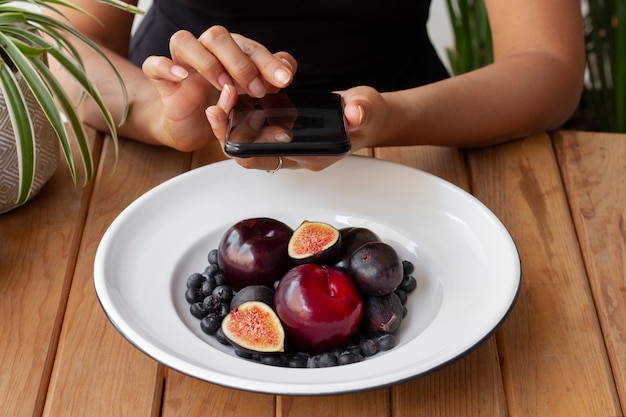
Safety Reminders
- Food safety: Store prepped meals in the fridge within 2 hours. Consume within 4–5 days.
- Label containers: Include the date to track freshness.
- Reheat thoroughly: Ensure meals reach 165°F (74°C) to prevent foodborne illness.
- Kitchen safety: Keep floors dry, use oven mitts, and avoid reaching overhead if it strains your knees or back.
- Listen to your body: Take breaks during prep. Stop if you feel pain or dizziness.
Final Tips for Success
- Start small—prep just 2–3 meals your first week.
- Use frozen or canned (low-sodium) ingredients when fresh ones aren’t practical.
- Double recipes and freeze half for future weeks.
- Stay consistent—small daily habits lead to long-term results.
With a little planning and these adaptive strategies, you can enjoy nutritious, blood-sugar-friendly meals all week—without straining your knees or your schedule.





